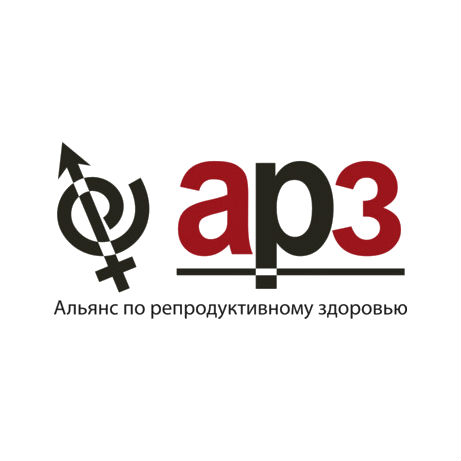

| 31 March 2016
Reproductive Health Alliance of Kyrgyzstan
The Reproductive Health Alliance Kyrgyzstan (RHAK) was set up in 2001, and its services now extend across all 7 regions of the Kyrgyz Republic (Osh, Jalal-Abad, Talas, Chui, Naryn, Batken, Issyk-Kul). From its inception, RHAK has enjoyed strong youth support and input into its organization, policy-making and delivery. As a result, its youth work is a distinctive strength. RHAK has developed information materials for adolescents which cover critical sexual and reproductive health (SRH) issues such as contraception and the prevention and treatment of sexually transmitted infections (STIs, including HIV and AIDS). A significant contingent of national and international trainers have been involved in training health professionals and volunteers who’ve subsequently trained groups of all sorts in SRH. Particular interest groups include refugees and internal migrants, injecting drug users (IDUs), sex workers, children in care and homeless children. RHAK is an active member of collaborative, central Asian initiatives to address the particular SRH needs and challenges of internally displaced persons (IDPs) and repatriates. This work has included the publication and circulation of a substantial range of written materials, and the creation of 3 clinics located expressly to serve migrant communities. Contacts Website: http://www.rhak.kg/english/index.php Facebook: https://www.facebook.com/rhakkg

| 31 March 2016
Family Planning Association of India
Established in 1949, the Family Planning Association of India (FPAI) is a founding member of IPPF. Its work in sexual and reproductive health (SRH) covers safe motherhood and child survival, empowerment of women, male involvement, adolescent health and youth development. FPAI works closely with non-governmental organizations (NGOs) and the government. It runs 39 permanent clinics, 101 mobile facilities, and has a network of nearly 2,700 community-based distributors /services (CBDs/CBSs). It works with 563 private practitioners and 196 other agencies. In addition, FPAI operates 3 infertility clinics, a contraceptive retail sales programme, and a condom dispensing service. In total, FPAI operates over 4,000 service points. A community-centred approach is at the core of FPAI's work. Our programmes are designed to deliver improved health and standards of living, better decision-making, and greater self-reliance. It aims to enable men and women to form local voluntary groups to initiate action in communities. Work primarily focuses on under-served rural areas and urban slums. The organization exploits a variety of media to impart its message, including film, radio, newsletters, journals and other print materials, as part of a wide-ranging education programme addressing topics such as family planning, maternal and child health, the risks of unsafe abortion, infertility, the prevention of sexually transmitted infections (STIs) and counselling for newlyweds. FPAI encourages the empowerment of women through mahila mandals (women's groups), balwadis (nursery schools), and literacy and income generation programmes. It’s been addressing the concerns of young people in a holistic manner through 30 Sexuality Education, Counselling, Research, Training/Therapy (SECRT) Centres spread acrosss the country. The centres offer youth-friendly services that prepare young people for their future by building the confidence and self-esteem essential to forging healthy relationships. They also offer counselling and information on various developmental issues, including sex, coping with preer pressure, relationships, responsible sexual behaviour, marriage, parenthood, contraception and the prevention of STIs including HIV and AIDS. As an advocate, FPAI exerts influence through community representatives, through the media, and through representation on government bodies such as the Central Health and Welfare Council and Steering Committee on Population Education. Contacts Website: http://fpaindia.org/ Facebook: https://www.facebook.com/FPAI.national







